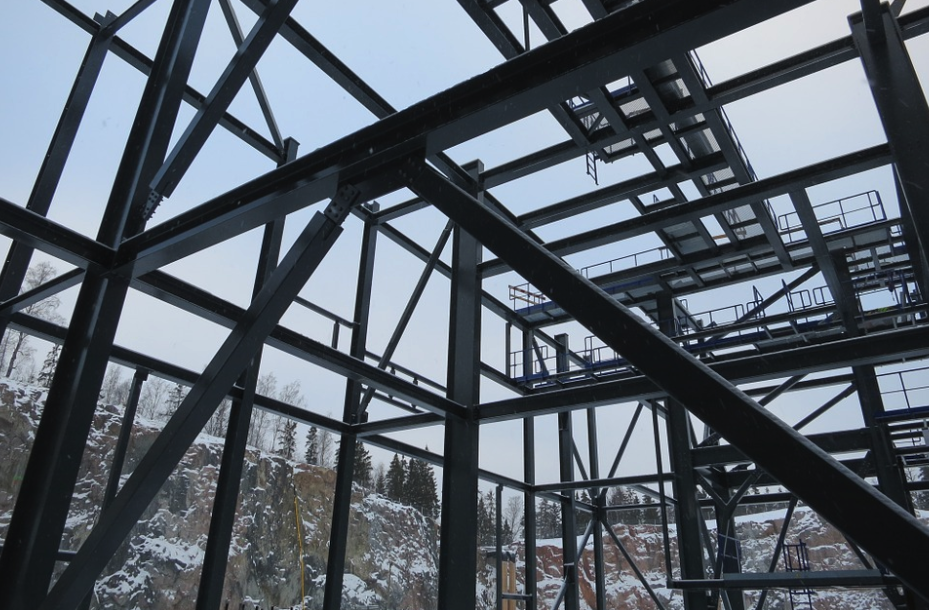
The Rising Trend of ICF Construction in California
To keep up with California’s strict energy standards, many builders and architects are turning to ICF construction.

5 Common Misconceptions About ICF Construction
ICF construction creates modern structures that are energy-efficient, durable, disaster-resistant, and have good indoor environmental quality (IEQ). ICF construction is also strong, flexible, fast and easy to install. Unfortunately, even with these many benefits, some architects and contractors are reluctant to utilize it due to misconceptions about ICF construction.

3 Problems with Steel Frame Construction and Why ICF is a Better Alternative
There are three problems with steel frame construction that affect the safety, efficiency, and durability of the structures they create.

Why ICF is a Best Practice in Constructing Public Safety Buildings
Fox Block ICF public safety buildings provide first responders a safe, healthy, and quiet environment.

5 Construction Industry Trends in 2019
In 2019, construction industry trends welcome advancements in building methods and materials; however, the industry still struggles with ongoing labor shortages.

Building Commercial Retail Developments with ICF Construction
Building commercial retail developments with ICF construction creates structures that are disaster-resistant, energy-efficient, environmentally-friendly, quiet, and durable.

Controlling Commercial Construction Labor Costs with ICF
Controlling Commercial Construction Labor Costs with ICF

7 Problems with Wood Frame Construction
Seven specific problems with wood frame construction include fire- and wind-resistance, durability, low thermal mass, shrinkage, and compromised acoustics and indoor air quality (IAQ).

The Benefits of Building Multi-story Residential Buildings with ICF Blocks

Modern Concrete Home Design Using ICF
Today’s architects, contractors, and homeowners are increasingly recognizing the benefits of modern concrete home design using ICFs.